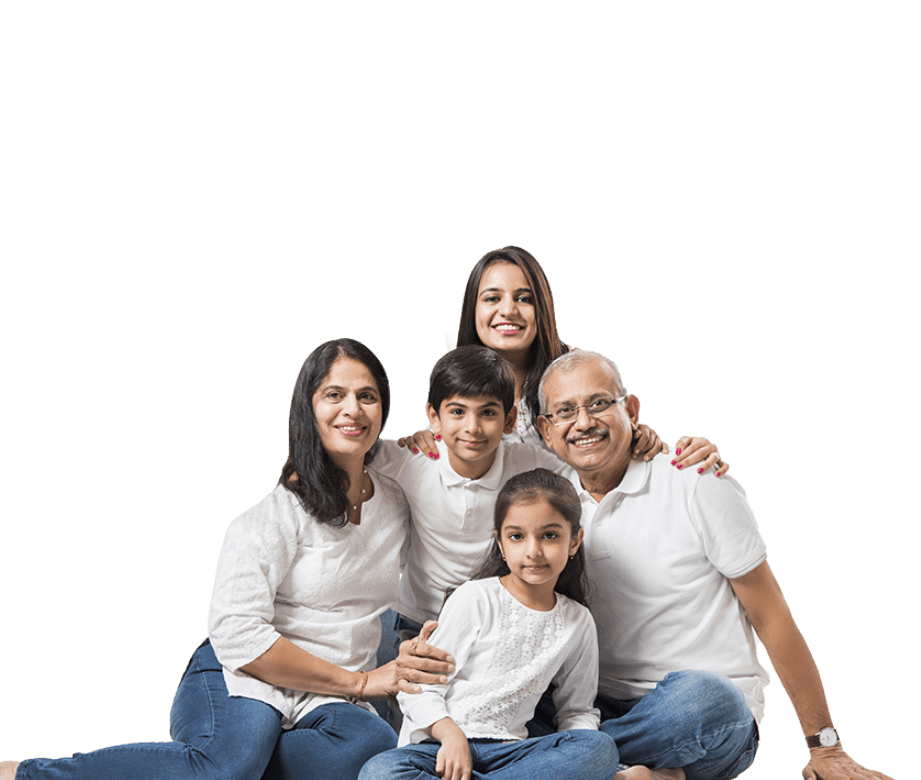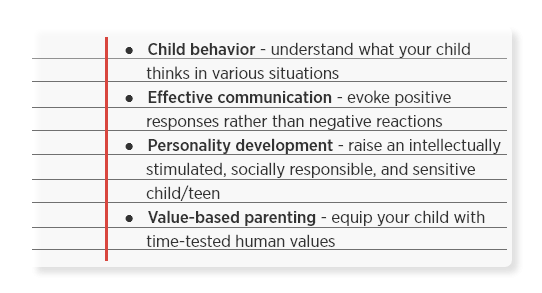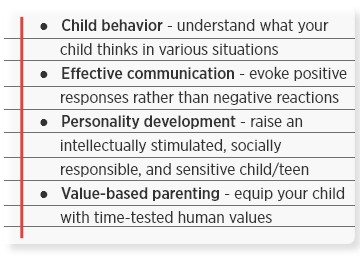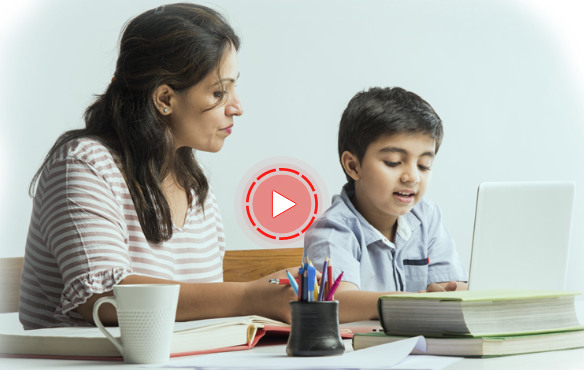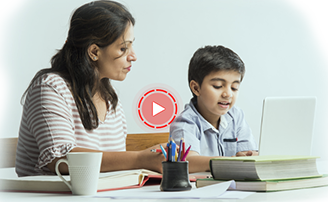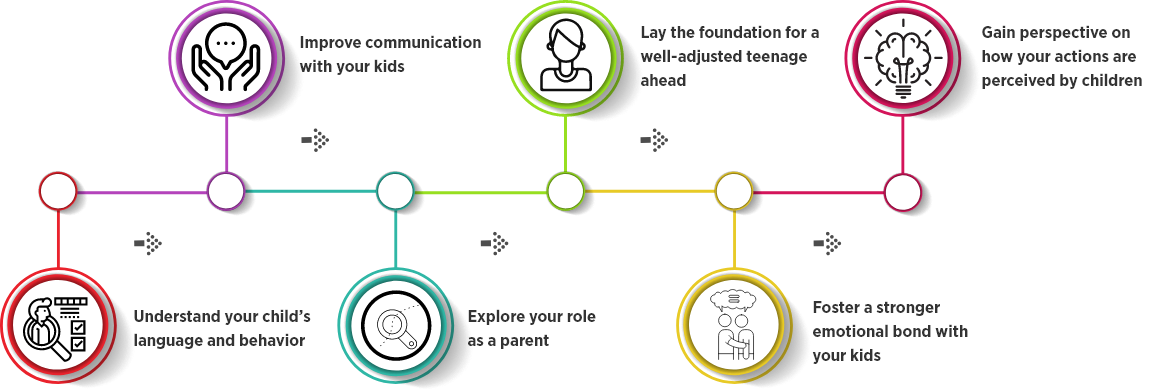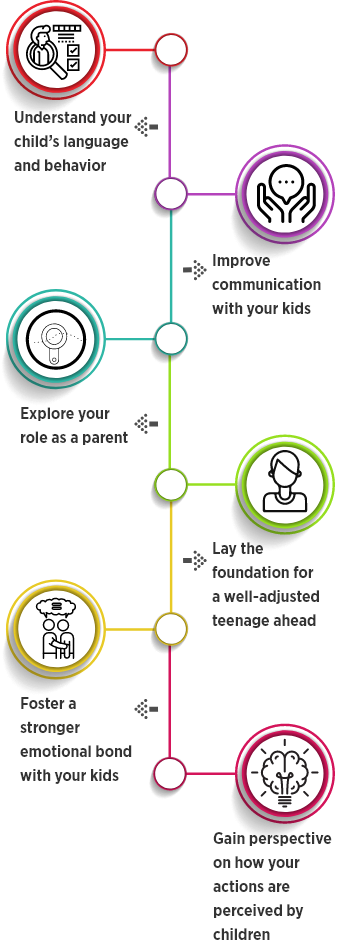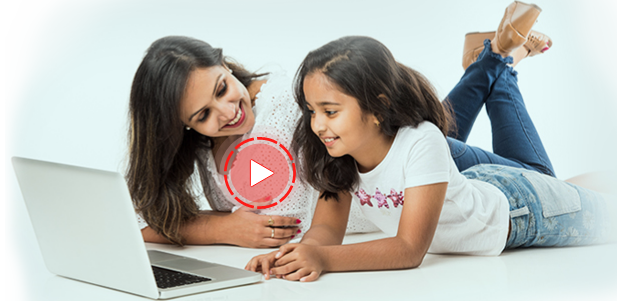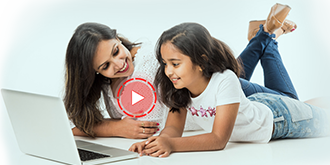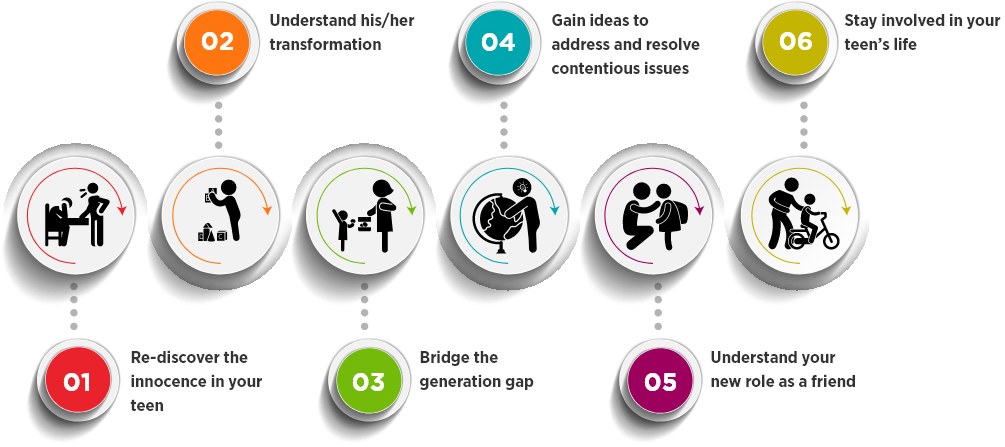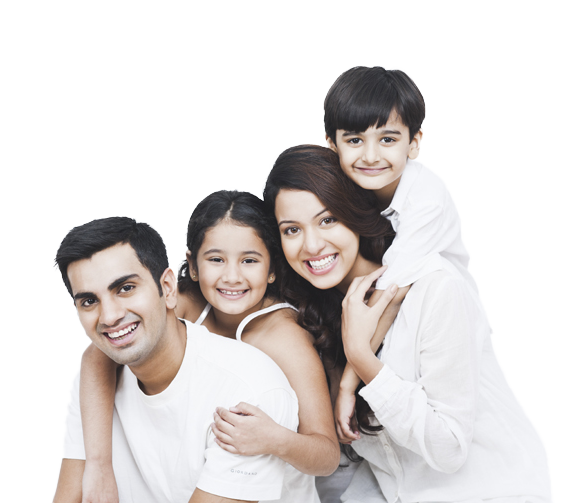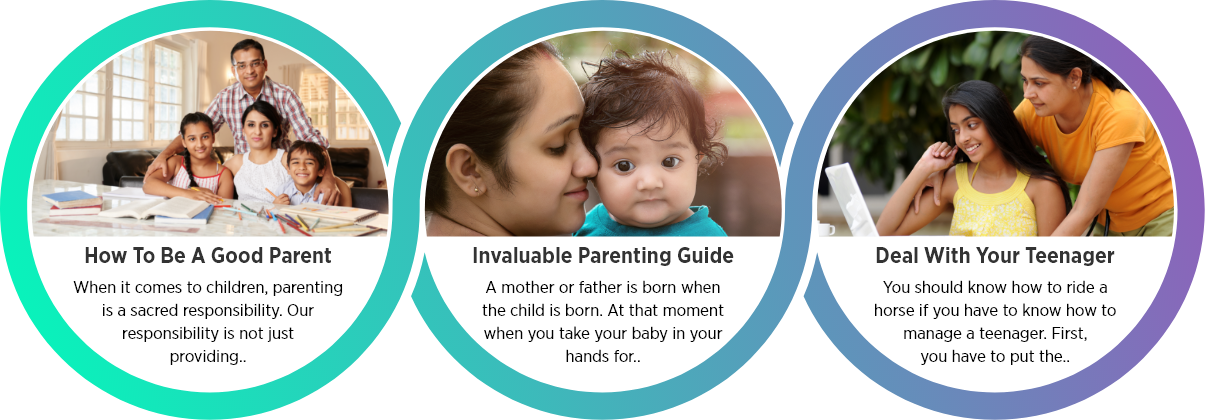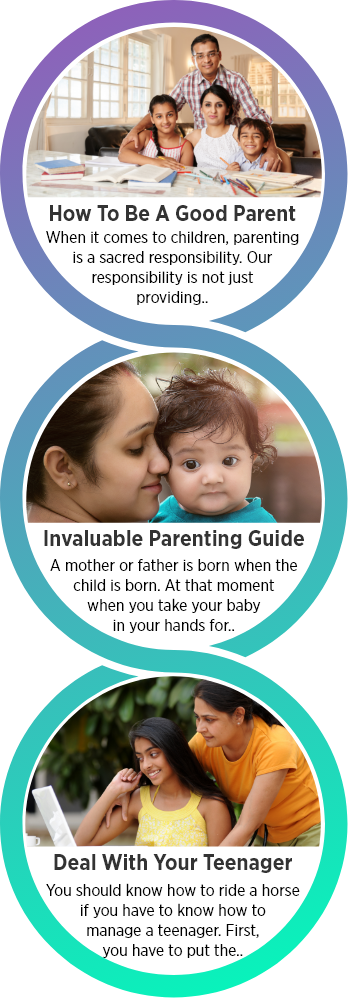What will I learn?
Benefits of the Online Know Your Child Workshop
Online Know Your Teen Workshop
Workshop for parents & guardians of teenagers aged 13+ to 18 years
Benefits of the Online Know Your Teen Workshop
Testimonials
Online Know Your Child Workshop

Vasudha
It was a very useful program. Our interactions will definitely change now. Now, we will make a proper chart of how to behave and how to make them behave making their roots stronger.

Rashmi
Earlier, we understood, knew what the problem was, but not how to handle it. This workshop will help me follow certain things to raise a well-cultured and good individual.
Online Know Your Teen Workshop

Shilpa
It was a wonderful session. Quite informative with brilliant ideas. I am feeling great that I was part of it. And will wait for such sessions in the future as well.

Akanksha
The KYT was a real eye-opener for me. You have not left any question unanswered. I have registered my husband for it too. Actually, if both parents do it together, they will be on the same pitch.
Featured reading
I still have some questions...
On the contrary, the nuclear family is a fairly modern concept. Older generations had elders in the house, and established codes that all the members of the family subscribed to. In today’s globalized and liberalized world, the lines are not so clearly drawn. It is each to his/her own policies and philosophies. And the challenges of this generation are also unique. In this scenario, this workshop can help point you in the right direction - be that guiding light in the dark.
Parenting is a lifelong process. However, in these two hours, we do a root cause analysis of children’s behavioral patterns and equip parents with knowledge to help children blossom to their full potential. These inputs are also vital to preserving the beauty of your relationship with your child/teen as they move towards adulthood.
It includes an understanding of common issues like food habits, behavioral issues, career choices, peer pressure, communication gaps, excessive screen time...you name it. The workshop is an interactive session, which will help you understand the reason behind these common childhood/teenage behaviors.
This is a workshop only for parents.
The insights gained during the workshop will help you balance your work pressure and parenting in a better manner. You will feel equipped to handle your child's/teen’s behavior with compassion and understanding.
We recommend taking your counselor’s advice for this condition. However, the root cause analysis of various childhood behaviors will help you understand your child/teen better. This paves the way for a stronger parent-child bond.
The KYC/ KYT workshops will help you identify some of the reasons behind a child’s/teen’s difficult behavior. This may equip you with the answers you seek.
Parents of special children need a lot of patience, compassion, positivity, and energy. The workshops will definitely help identify good practices for your child’s daily routine. We also recommend that parents learn and practice stress relief techniques to manage their days more efficiently.
Yes! This workshop will help you understand the root cause of your child’s/teen’s behavior and also help you identify how you can help them make a positive shift in their daily routine. It will help you decode your child’s/teen’s behavioral changes in relation to the pandemic, as well as other age-related issues that may arise.
Upcoming Online Know Your Child Workshops
(12 years and below)
(12 years and below)
| Program Date | Program Name | Course Info | Register |
|---|
Upcoming Online Know Your Teen Workshops
(13+ to 18 years)
(13+ to 18 years)
| Program Date | Program Name | Course Info | Register |
|---|
